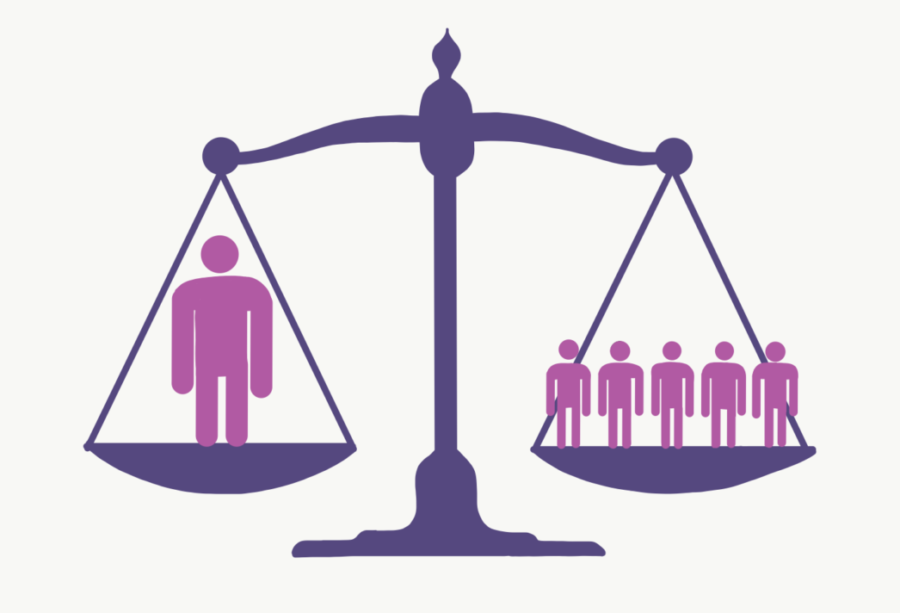We’re Selfish
March 10, 2022
All human behaviors are motivated by self-interest. Even when you pay for a friend’s food, open a door for the person behind you, or donate to a charity, those seemingly selfless acts are not as selfless as you may believe.
Like Hannah Hoffman ‘24, most people get that “positive feeling of like knowing that I helped someone out.” This poses the question; are our acts ever entirely selfless?
One common selfless act most high school students do is send each other homework answers. This seems as if it has no benefit to the sender because they are usually sending homework they had worked hard on without receiving anything in return. However, they know that if they do not send it when they are asked, that if the roles get reversed, then they will also not get the answers.
Hoffman suggests that acts are truly selfless when people do not seek gratification from others after doing them. “People don’t always know whether there’s people around so maybe you see a homeless guy really really struggling and there’s like no one else around you and you give him something, isn’t that selfless to make someone else feel better.”
Edina Suljic ‘23 claims her volunteering has positively impacted her life. “You get the same benefits as you would get at an actual job minus the money and healthcare benefits. You learn how to communicate with others better and your social skills improve. Not only that, but volunteering just makes you feel better about yourself.
In spite of not being rewarded by others, positive effects from helping others can come in different forms. In a study done by authors Nicolas Pellerin of Toulouse University and his colleagues, they found that selflessness was “linked to higher and more stable happiness, both at the within- and between-person levels” according to Psypost.org. This means that even when trying to benefit others, we are still inherently being selfish as we continue to gain satisfaction from it which is the satisfaction Hoffman and Suljic mentioned.
However, some believe that “it depends on the person,” said Rosie Davis ‘22. This may be correct as some people have bad intentions while others simply enjoy the fulfillment of helping others. Nevertheless, this desire to be fulfilled causes the so-called selfless acts to be motivated by self-interest.
This is a theory called psychological egoism. According to Qcc.cuny.edu, ”Psychological egoism suggests that all behaviors are motivated by self-interest. In other words, it suggests that every action or behavior or decision of every person is motivated by self interest. It also suggests that every action must be motivated by self interest.”
Suljic said, “I think some people commit selfless acts because they are genuinely good-hearted people who have been taught to commit selfless acts from a young age. Some people really love helping others so they commit selfless acts.” Although we may be more likely to be selfless due to how we have been raised, all human behaviors are driven by self-interest.





